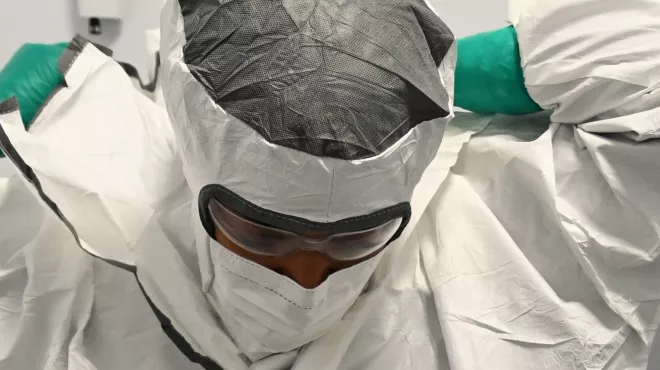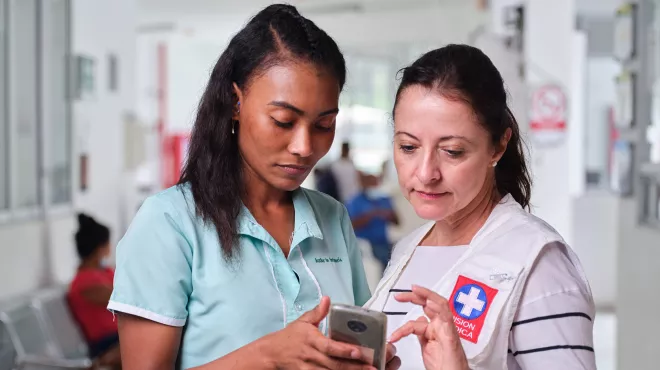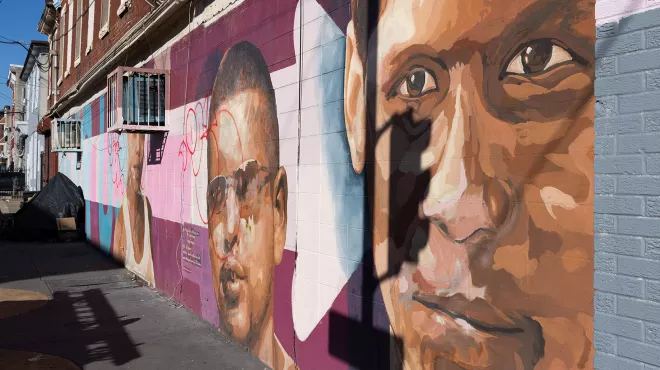In Kenya, about three-quarters of the population is at risk for malaria, and all four species of the malaria parasite that infect humans occur in the country. Although there has been substantial progress, malaria remains the leading cause of mortality in Kenya, killing an estimated 30,000 people every year, most of them children under 5 years old.
Lake Victoria in southwestern Kenya is on the front line in the fight against malaria, and Agnes Akoth is a key figure. Tall and striking, this towering force of energy in Kisumu County is a 35- year veteran of the global quest to eradicate a deadly disease.
Despite job offers from big hospitals in the capital Nairobi, Ms. Akoth has chosen to stay in Kisumu and works as head nurse at the US Army Medical Research Unit-Kombewa clinic, known locally as the Walter Reed Project. Here she provides much-needed local leadership and addresses poor understanding of malaria in surrounding communities.
Her own experience of contracting the disease while pregnant with her youngest child has made her resolute about what must be done. The Walter Reed Project has a two-pronged approach to fighting the disease. Scientists there conduct research and run clinical trials that may potentially lead to new malaria vaccines and drugs.
Novartis works with the project and runs clinical trials for new antimalarial medicines there, including two key studies for its artemisinin-based therapy Coartem.
The project also has a strong emphasis on prevention and diagnosis. Teams of community health workers stride out of the center every day, laden with diagnostic kits, antimalarial medicines and other treatments, heading for local villages. They collect blood samples from residents, perform malaria tests, administer drugs, and advise people on how to protect themselves from the disease. Education is a top priority to counter misconceptions about malaria.
Ms. Akoth talks about her own experience with the disease and how she has watched it kill young children, strike down men of working age, and rob families of economic independence. Ms. Akoth and colleagues give away insecticide-treated mosquito nets to pregnant women at maternity clinics, one of several practical measures used to combat the disease.
But fighting malaria in this part of Kenya is a constant challenge. Bad weather, poor-quality roads, and a lack of knowledge among locals about how malaria spreads all combine to make life difficult for healthcare workers.
Despite their best efforts, they do not always get a warm welcome. Some residents resent the intrusion, while others counter the advice they receive with their own views about how malaria is caused. Ms. Akoth believes the key to tackling malaria, especially among children, is to expand proven interventions until they reach every child who needs them.
It’s a huge task, but lives are being saved and death rates are falling. That’s her motivation to carry on.
#WorldMalariaDay is all about celebrating people like Agnes Akoth who dedicate their lives to #endmalaria



